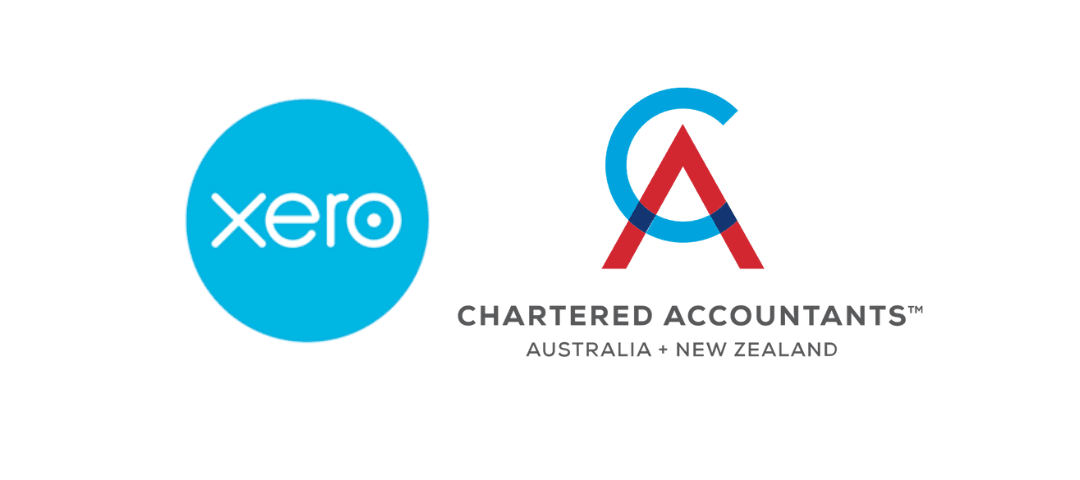Management fees are usually paid to a person or company for managing the business, property, or investment funds on another's behalf.
Management fees can be a useful tool to simplify the accounting process and possibly save and defer taxes. However, there are certain criteria that need to be met to ensure you have a credible argument if the IRD chooses to challenge you on this expense.
There needs to be evidence that the management fees directly relate to the business generating income or the carrying on of the business.
A tax invoice and supporting documentation detailing the services provided. The fee charged should align with the services provided.
If the parties are related, there should be a management fee agreement or company resolution between the entities for the charging of these fees.
The management fee needs to be a commercially justified amount, I.e., what you expect to pay a third party for a similar service.
There should be proof that payment was made for these services during the year, not a one-off accounting adjustment at year-end.
Management fees, especially if unjustified, should not be used to offset losses against profit between related entities.
An example of a high-risk and likely tax avoidance arrangement could be losses in a trust and a large profit in a company. Management fees charged to the value of the trust loss would be expensed in the company, reducing the profit. The management fees would then be declared in the trust as income to net off the losses. This would result in the trust using the losses rather than carrying them forward, and the company would have a reduced tax bill.
This is likely to be a tax avoidance arrangement and a risky business practice as there is no nexus between the management fees and the income derived.
If the IRD were to investigate, it is likely that the fees would be disallowed, resulting in increased company tax to pay, which could also include interest and penalties.
There are other options for group companies wanting to offset losses, which we have detailed below.
Management fees are usually subject to GST, which also needs to be considered.
Subvention Payments
You can transfer losses from one group company to another by way of subvention payment; however, the subvention payment cannot be higher than the loss company's loss. The payment must be made before the due date of the IR4 for the income year the subvention payment relates to.
The following criteria must be met
at least 66% of the voting shares in both companies are held by one group of people, and these have not changed hands during the continuity period.
At least 49% of the lost company's voting shares did not change hands during the continuity period for the loss that's being transferred or the business continuity test is satisfied.
the loss company is either incorporated in New Zealand or is carrying on business in New Zealand through a fixed establishment.
for losses arising before 15 March 2017, the loss company was not treated as non-resident because of a double tax agreement and was not liable to income tax in another country through domicile, residence, or place of incorporation before 15 March 2017.
the loss transferred to the profit company is no greater than the profit company's net income.
the payment and notification requirements are met.
If a company does not meet either of the two tests to carry company losses, it generally will not be able to offset a loss to another company. However, if the shareholding change occurs part way through a year you may be able to claim the loss.
For further information on subvention payments, please visit Transferring losses to another company (ird.govt.nz)
In summary
The following questions should be considered when dealing with management fees, especially between related parties.
Are the fees reasonable compared to the work performed?
Would you pay this amount to an unrelated party? Would it be considered market rate?
Were the fees incurred for the purpose of earning money? Were there actual services provided?
Is there a legal obligation to pay the fees to the related party, or is it simply an accounting transaction?
Do you have a tax invoice outlining the time spent and work performed?
If you see management fees on your financial statements, you should make sure you understand what the management fee is for.
Contact Us
Contact Tim Doyle or Jane Evans today to discuss on 07 823 4980 or email us. Our office is in Cambridge, NZ, but distance is no problem. We have many international and national clients.
Disclaimer
This material has been prepared for informational purposes only, and is not intended to provide, and should not be relied on for, tax, legal or accounting advice. You should consult your own tax, legal and accounting advisors before engaging in any transaction.



